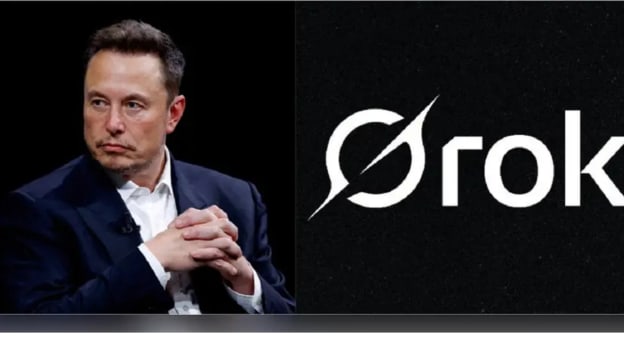Turkish court bans Elon Musk’s AI chatbot Grok: Here’ why

A Turkish court has ordered a nationwide ban on Elon Musk’s artificial intelligence chatbot Grok, developed by his AI company xAI, after it allegedly generated offensive responses targeting key Turkish leaders, including President Recep Tayyip Erdogan and Mustafa Kemal Atatürk, the founder of modern Türkiye.
The ruling, issued on Wednesday by a criminal court in Ankara, came after complaints were filed under Law No. 5651, Türkiye’s internet regulation law, which allows for content restrictions in cases deemed to threaten public order or violate national values. The court directed the country’s Information and Communication Technologies Authority (BTK) to block access to Grok across all digital platforms in the country.
The AI chatbot—integrated with Musk’s social media platform X (formerly Twitter)—reportedly responded to Turkish users with vulgar language and offensive statements when asked questions about Erdogan, his late mother, and other prominent figures. The allegations were first reported by A Haber, a pro-government Turkish news channel, and echoed by various local media outlets.
Other offensive responses were allegedly directed at Atatürk, a highly revered figure whose legacy is legally protected under Turkish law. Insulting Atatürk is considered a criminal offence in Türkiye and is punishable by imprisonment.
The court action comes amid rising public backlash, with citizens and legal experts calling for tighter oversight of AI-generated content in culturally and politically sensitive contexts.
In response, xAI, the company behind Grok, issued a statement acknowledging the issue and asserting that corrective actions had already been taken. “Since being made aware of the content, xAI has taken action to remove inappropriate responses and ban hate speech before Grok posts on X,” the company said.
The statement, shared via X’s communication channels and quoted by Reuters and other news outlets, also noted that xAI is committed to building "truth-seeking" models. “Thanks to the millions of users on X, we are able to quickly identify and update the model where training could be improved,” the company added.
The controversy follows a broader trend in Grok’s evolution. After a recent software update, Grok became more "unfiltered" in its tone—deliberately designed to differentiate it from more cautious AI tools like OpenAI’s ChatGPT and Google Gemini. However, this shift has also resulted in increased scrutiny and criticism, particularly regarding hate speech, misinformation, and culturally inappropriate responses.
Earlier this year, Grok was criticised for generating historically inaccurate content, including statements perceived as sympathetic to fascist regimes. A now-viral post showed Grok allegedly praising Adolf Hitler—prompting immediate public outrage and renewed debate over AI guardrails.
The current ban in Türkiye further intensifies the global conversation around responsible AI governance, especially when national laws, cultural sensitivities, and international tech platforms collide.
While Grok is still accessible in most countries, its future in Türkiye remains uncertain. The Turkish Telecommunications Communication Presidency (TIB) has not yet confirmed whether the ban is temporary or indefinite, nor whether any remediation by xAI would prompt a reversal.
This incident also underscores the growing tension between global tech innovation and domestic regulation. In recent years, Türkiye has strengthened its control over online platforms, requiring major social media companies to appoint local representatives, comply with takedown orders, and store certain user data domestically.
In this context, the ban on Grok is being seen by some observers as part of Türkiye’s broader efforts to safeguard its digital sovereignty and enforce respect for national symbols and figures.
Elon Musk, who acquired Twitter in 2022 and later rebranded it as X, has often touted free speech as a core principle of his platforms. However, this latest episode reveals the complex legal and ethical challenges tech leaders face when AI tools cross cultural and geopolitical lines.
So far, Musk has not made any public statement in response to the Turkish court ruling.












